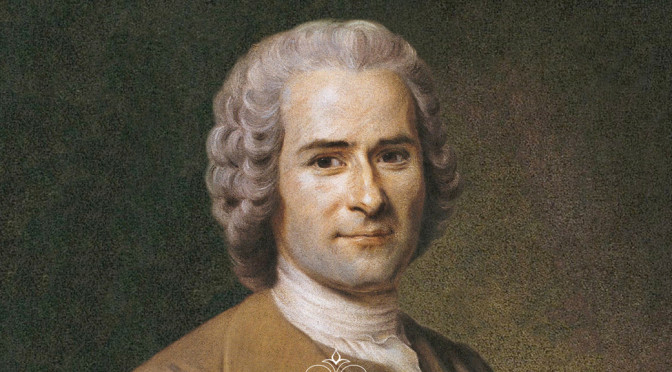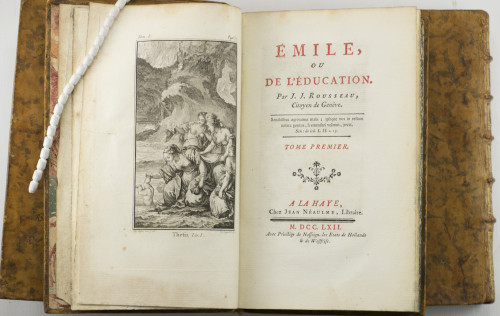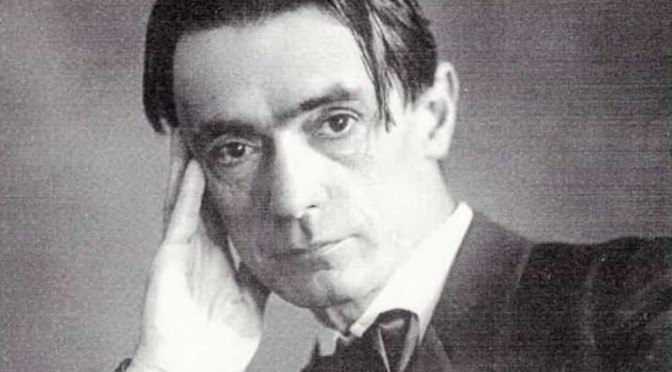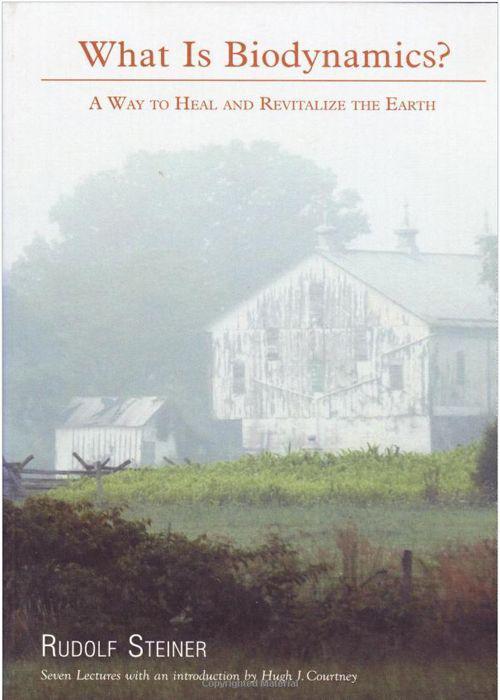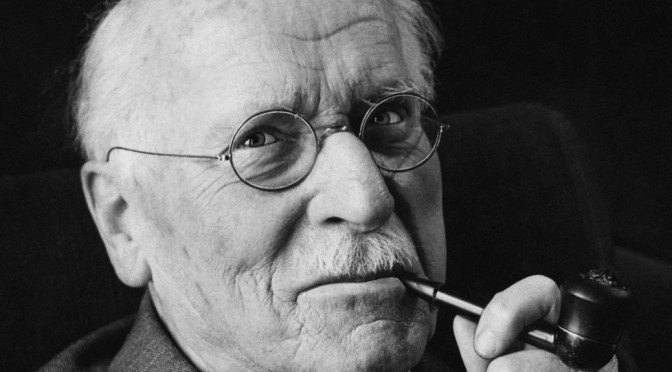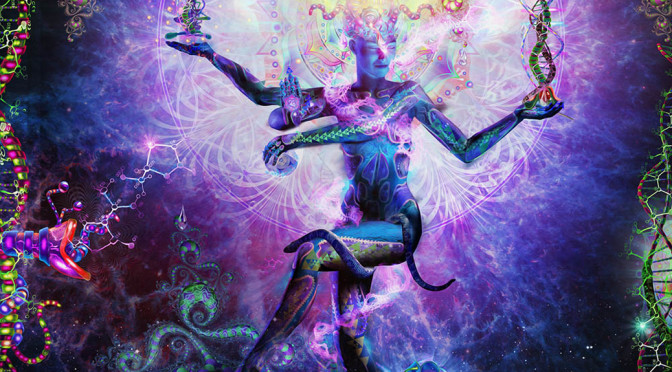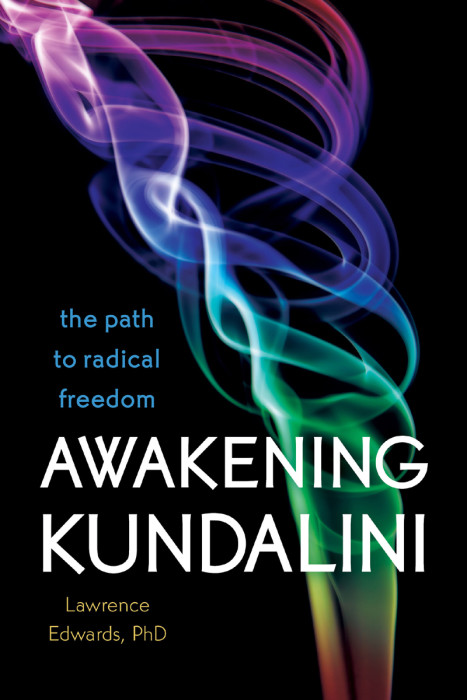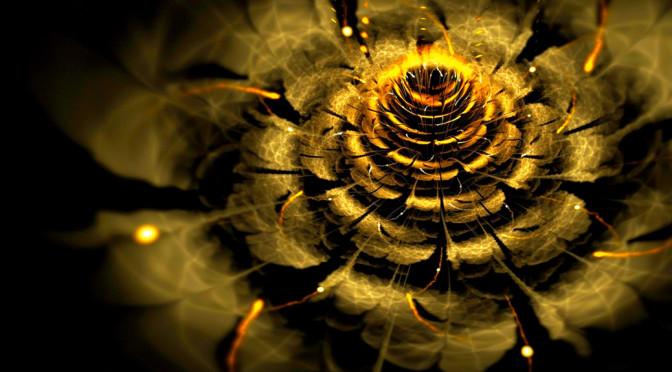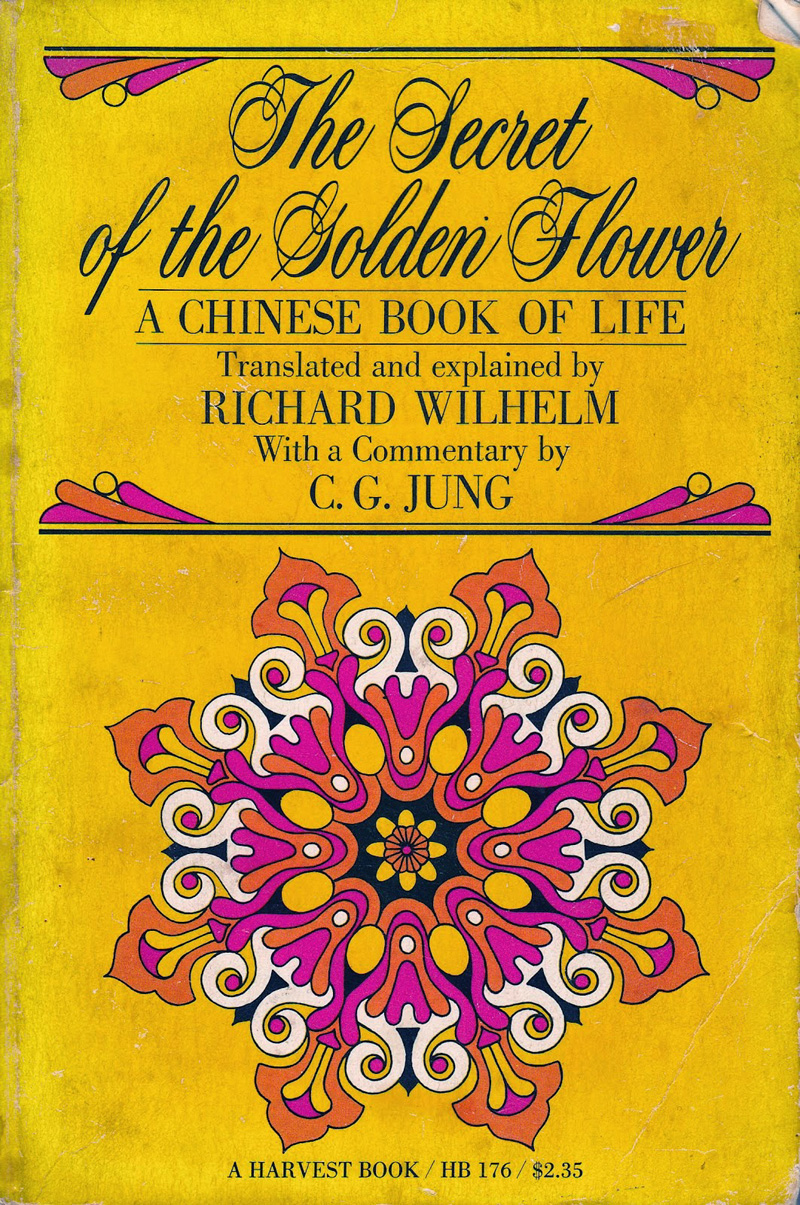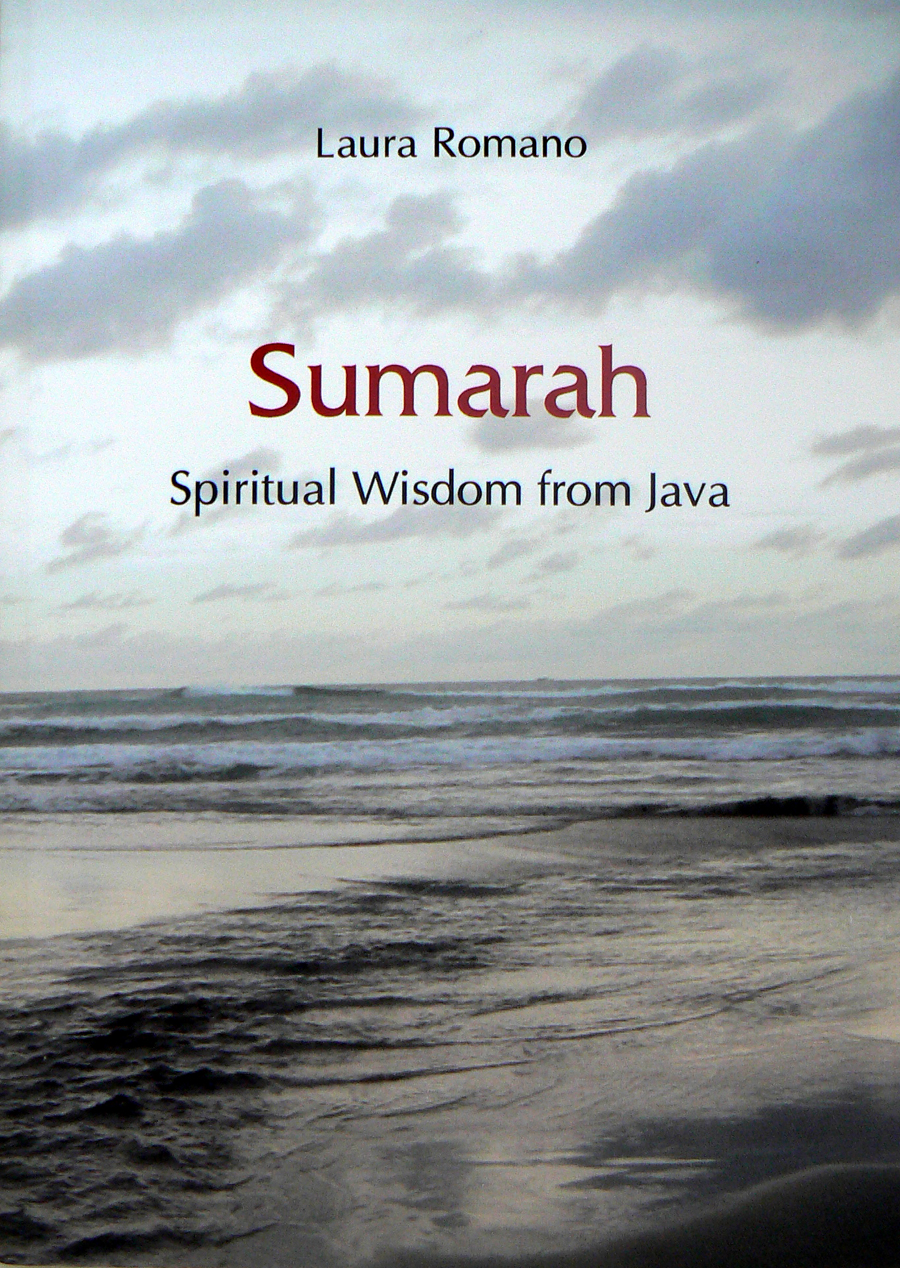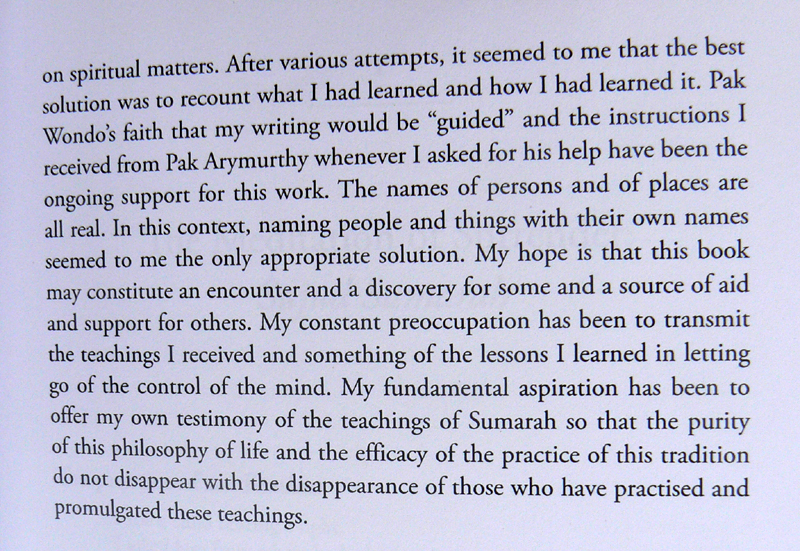Pomimo tylu pism mających pono na celu jedynie pożytek ogółu – najważniejszy ze wszystkich pożytków, to znaczy sztuka kształtowania ludzi, znajduje się dotychczas w zapomnieniu.
Co najbardziej zbije z tropu czytelnika, to niewątpliwie sam system, który nie jest tutaj niczym innym, jak biegiem natury.
– Zalecaj to, co jest wykonalne – powtarzają mi nieustannie. Jest to tak, jakby mi mówiono: – Zalecaj, żeby czyniono to, co się czyni; albo przynajmniej zalecaj takie dobro, które dałoby się związać z istniejącym złem. Podobny pomysł jest w stosunku do pewnych przedmiotów bardziej chimeryczny od… mojego; w takim bowiem zlaniu dobro psuje się, a zło nie leczy. Wolałbym raczej stosować się stale do przyjętego ogólnie Sposobu postępowania niż sposób właściwy stosować połowicznie; mniej byłoby wówczas w człowieku sprzeczności: nie może on dążyć jednocześnie do dwóch przeciwnych sobie celów.
Człowiek natury istnieje wyłącznie dla siebie; jest on jednością, całością bezwzględną, która uznaje jedynie siebie albo kogoś podobnego do siebie. Człowiek społeczny jest tylko jednostką ułamkową, zależną od mianownika, i której wartość polega na stosunku do całości, jaką jest społeczeństwo.
We wszelkim pomyśle rozpatrywać należy dwie rzeczy: po pierwsze, bezwzględną słuszność pomysłu; po drugie, łatwość wykonania.
W układzie naturalnym, gdzie wszyscy ludzie są równi sobie, wspólnym ich powołaniem jest stan człowieczeństwa, i kto wychowany jest odpowiednio do tego stanu, ten nie może źle spełniać obowiązków dotyczących tego stanu.
Jest mi wszystko jedno, czy ucznia mego przeznaczają do stanu wojskowego, duchownego lub do palestry. Zanim go do czegoś przeznaczą rodzice, natura powołuje go do życia człowieczego. Rzemiosłem, którego pragnę go nauczyć, jest życie. Wychodząc z rąk moich nie będzie on, przyznaję, ani urzędnikiem, ani żołnierzem, ani księdzem; będzie przede wszystkim człowiekiem. Potrafi on być w potrzebie wszystkim, czym człowiek być powinien; na jakimkolwiek stanowisku los go postawi, dla niego będzie ono zawsze odpowiednie, on czuć się będzie zawsze na stanowisku właściwym. Occupavi te, fortuna, atque cepi; omnesque aditus tuos interclusi, ut ad me aspirare non posses.
Najistotniejszą naszą umiejętnością jest być człowiekiem. Ten, kto najlepiej potrafi znieść dobro i zło, które życie przynosi, jest, moim zdaniem, najlepiej wychowany.
Czytaj dalej
